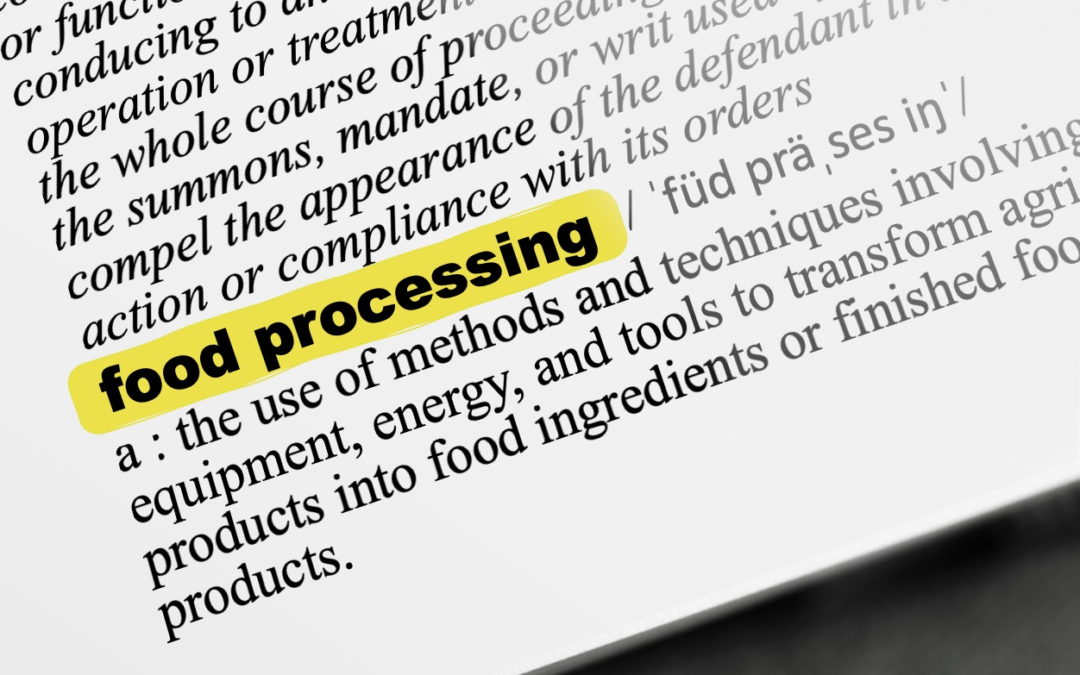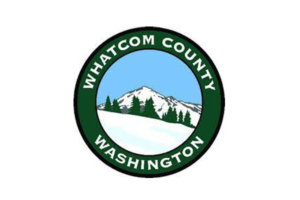Food processing uses methods and techniques involving equipment, energy, and tools to transform agricultural products such as grains, meats, vegetables, fruits, and milk into edible, functional, and culturally relevant food products. Processing is essential to production and consumption within the food value chain. It preserves food that can ship over greater distances, is shelf-stable longer, and is enjoyed with more nutrients intact over time.
Contrary to popular belief, the effects of food processing cannot be generalized as unhealthy. The term “processed food” has gotten a bad rap over the years. But note: while all processed food undergoes processing, not all food processing results in processed food.
Light Processing
Light processing, as outlined below, does not change the foods’ original structure or nutritional properties. Further, minimally-processed foods such as frozen or canned products are usually harvested and processed at their peak of ripeness, flavor, and nutritional value.
| Light Processing Level 1 | Light Processing Level 2 |
|
Manual/automated advanced processing:
|
Value-Added Processing
Value-added processing is:
- A change in the physical state or form of the product, or
- The physical segregation of an agricultural product in a manner that results in the enhancement of the product’s value
Thus, value-added processing can be very simple to highly complex. Adding value can be simple: sorting fruits and vegetables by size and selling them through unique packaging, to the complexity of processing salsa, jams, jellies, chutney, and meat animals. Value-added processing uses produce not intended for fresh market sales, and is a means to utilize the surplus of a product during the growing season.
Value-added processing can alter a product’s structure and nutrients, sometimes radically, which is how some processed foods are deemed unhealthy. Processed foods, however, are an integral part of today’s diet and a significant contributor to food and nutrition security.
| Value-Added Processing | |
|
|
Processing is an integral part of a local food system. A lack of food processors limits growth in agriculture and among small food businesses if they must transport their products long distances for processing.
Some food processing techniques use cutting-edge technology, while others, like washing, simply need a washing station. Understanding the type of processing function and the capacity needed to meet demand is how New Venture Advisors determines the equipment a food processor installs.



